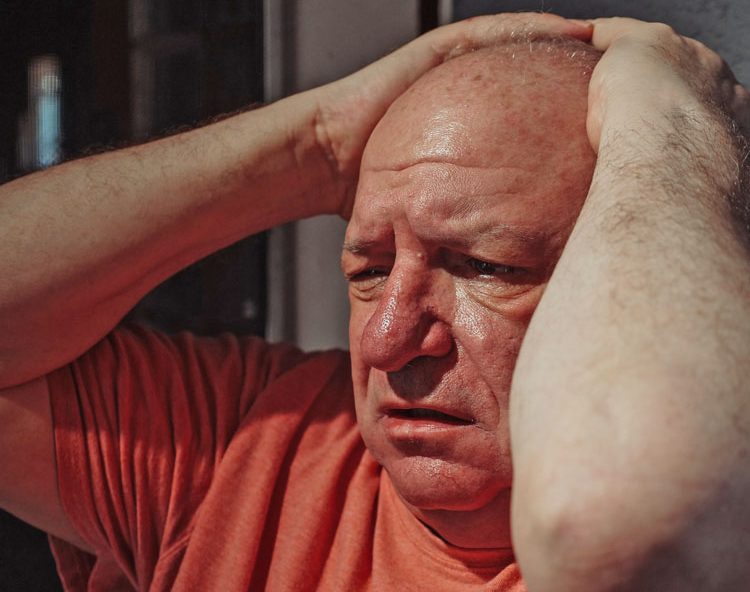WELLINGTON COUNTY – Stress, isolation, job losses and exhausted relationships during the COVID-19 pandemic has led to an increase in mental health calls for the Waterloo Wellington Integrated Mobile Police and Crisis Team (IMPACT).
A partnership between policing agencies and the Canadian Mental Health Association Waterloo Wellington, the IMPACT started locally in 2015, supplementing Wellington OPP responses to mental health calls.
Trained clinicians with backgrounds in social services and nursing respond from OPP detachments to “live” calls where police have requested an IMPACT member to attend a scene or follow up with referrals from police after a call.
Jeff Stanlick, regional director for the program, said there’s been a 20 per cent increase in overall calls for service and a 25% increase in direct visits with police, compared to pre-pandemic.
“People now have more complicated presentations as well,” he said, resulting from isolation and loneliness.
“We’re seeing more complicating factors and it could be an increase in substance use, family conflict and just general stress that is compounded with multiple factors.”
A June 2021 report for the county’s police services board read: “We noticed a lot more calls from parents struggling with their children’s behaviour, as well as teens struggling with school stress and isolation, no doubt related to the current COVID situation.”
Between September 2020 and February 2021 there were 370 unique persons helped by IMPACT – a 52.8% increase over the same period a year before, with an additional 128 individuals served.
Recent research has found declines in mental health during the pandemic, according to a CMHA 2020 Resilience Impact Report, with a rise in suicidal thoughts, especially with those already struggling with mental health.
Anita Matthews is one of four IMPACT clinicians who has been responding to mental health calls throughout Wellington County and Guelph during the pandemic.
“We’re certainly seeing acute COVID-related stress,” Matthews said.
“We’re seeing kids who aren’t attending school, so they don’t have the usual social supports that they’re used to having; there are more domestics, more substance-related issues and more parent-child conflict or parenting conflicts happening.”
On scene, Matthews will complete a mental health assessment to try and get a handle on what’s going on, running through a series of questions.
What’s the history? Is this person on medication? Do they have a doctor? What needs to happen for safety?
Then she comes up with course of action with police.
“I think we bring our mental health knowledge for sure and I think that we bring a connection to services,” Matthews said of how clinicians differ from police.
“I think we are certainly the kinder, gentler service to be offered.”
She explained, “We’re calling you the next day to say, ‘Gosh, that was horrible yesterday, how you doing today?’ You know, that kind of stuff.
“So, it really is hopefully a kind voice in a really difficult time. We’re pretty aware that we’re talking to people sometimes on the worst day of their life.”
Depending on circumstances, clinicians also prevent unnecessary visits to emergency rooms by diverting those needing help to more appropriate services.
Out of 175 calls with police between April and December of last year, 78.3%, or 137 individuals, were diverted from hospital, according to IMPACT data.
“It’s not helpful in many ways as well to have somebody be brought into hospital when we can de-escalate and support them in another way,” Stanlick explained.
“It’s really about people receiving the right care, at the right time, and from the right service.”
He added it’s unreasonable to expect police to also be clinicians and mental health experts.
“The police need us, and we need the police,” he said.
Matthews agreed, saying police are needed for safety on calls, but she wishes more funding would be routed into health care with much to be desired for better access and lasting supports so police aren’t the default response.
Are you concerned about your own mental health? Call Here 24/7 anytime at 1-844-437-3247.




